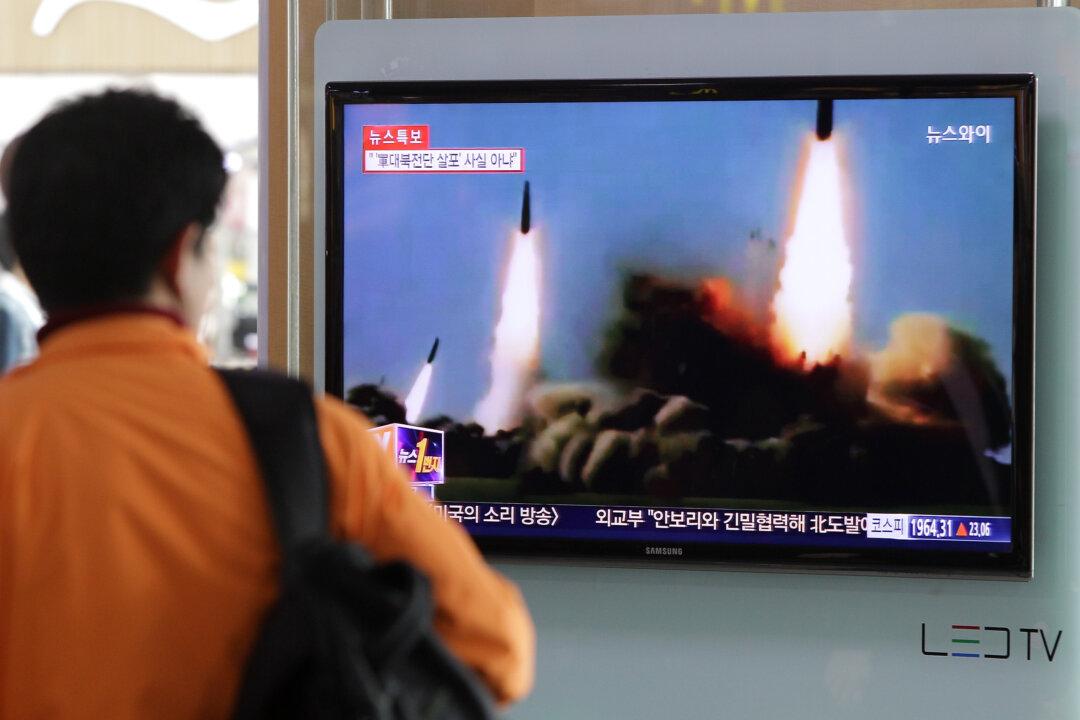As North Korea continues developing its nuclear weapons programs, the United States and its allies are looking to improve their ballistic missile defense (BMD) systems to keep pace.
Plans to improve the BMD in the Asia–Pacific region may bring along new problems of its own, however. Defense experts are concerned that improvements to the defensive system may cause the Chinese regime to increase its development of nuclear weapons.





